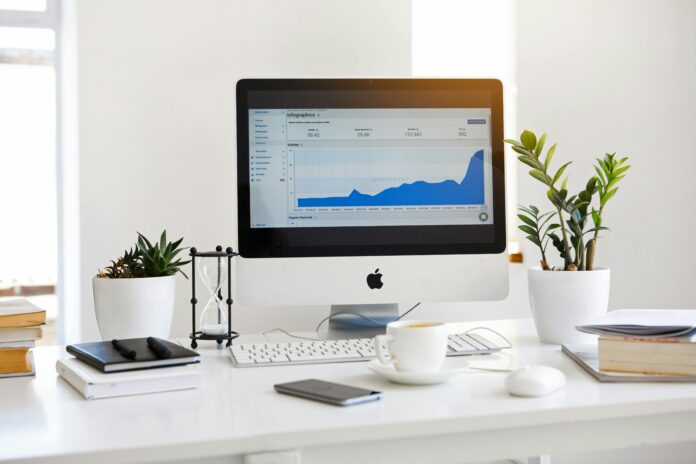With the rise in people working from home, remote workers must be even more cautious when it comes to managing sensitive client details. Maintaining client privacy is critical, regardless of where you’re completing your work. If you’re a consultant, estate planning attorney, or small business owner, you’ll need to be compliant and careful.
Read on to find a data privacy checklist that can keep your home office secure.
Use Strong Passwords
One of the easiest initial steps to create a more secure workspace is to use stronger passwords on your devices. Make sure you’re using two-factor authentication on your laptop or phone. Stay current with updates on your devices, as well, since outdated systems can lead to security lapses. And, of course, always make sure you’re designating a device for work. You don’t want to mingle client and personal work on one computer.
Turn to Encrypted Storage
Don’t take any risks with client files. Make sure you’re using encrypted storage on the cloud, as well as with your backup system.. Encryption converts data into an unreadable format. That way, if a cybersecurity attack results in stolen data, it won’t be useful.
Limit Data Access
You don’t need to give everyone on your team access to all critical data. Use role-based access to ensure that you’re not letting all team members see client data when only a few should. And if you’re working with freelancers for a home business, only let them have limited access to data for a set period. That way, you can reduce the potential for mistakes.
Use Project Management Tools
If you run a clinic or another healthcare-focused small business, plan on using software to help keep data private. A robust clinic management tool, for instance, can oversee workflows, offer secure messaging, and complete audits. These tools can help you stay compliant while reducing administrative burden.
Create Retention Rules
You don’t want to keep data indefinitely, as that means it will always be vulnerable to cybersecurity risks. Instead, determine how long to keep files. Add alerts or reminders to your work calendar so you don’t overlook this concern. And, when the expiration date arrives, delete the files or archive them.
Encrypt Online Forms
Are you using forms to gather details from clients? If so, be sure they use HTTPS encryption. Otherwise, you’ll expose critical details to malicious attackers through plain email forms. Look for a padlock symbol in your browser to confirm that your form is encrypted.
Maintain Records of Client Consent
Especially when you’re working with health-related details about clients, plan on maintaining records of their consent. You’ll need to store signed forms in a database where you can access them easily. Date each record, too, so it’s easier to retrieve them or conduct audits.
Prioritize Privacy
When you’re working from a home office, you need a solid approach to safeguarding client details. Use encryption, strong passwords, and client management software. And limit data access to minimize the potential for breaches. With a data privacy checklist and commitment to staying compliant, you’ll be able to operate professionally from any location.
Find a Home-Based Business to Start-Up >>> Hundreds of Business Listings.















































